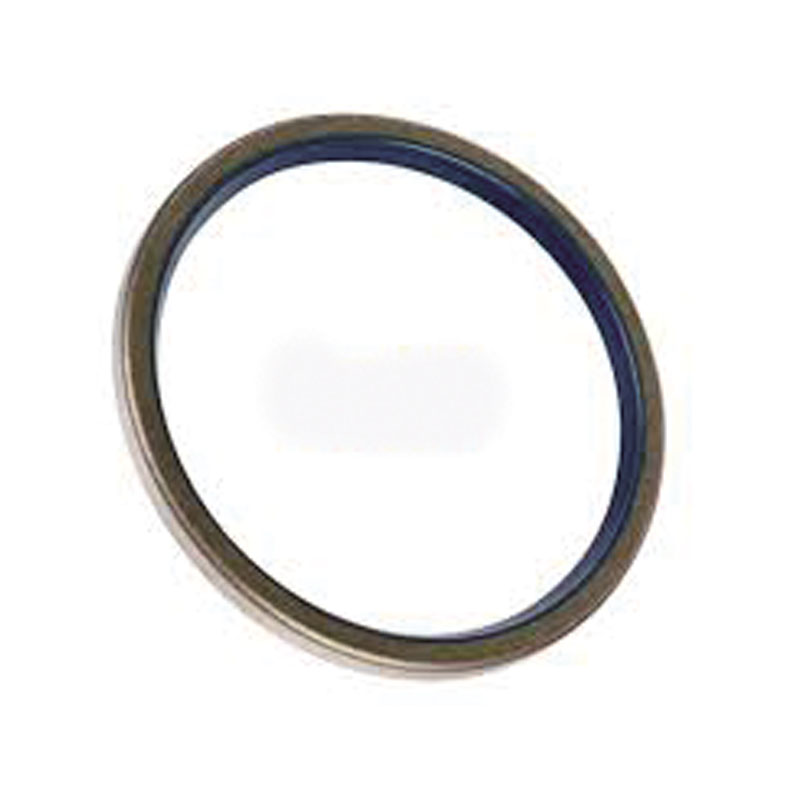Understanding Flat Flange Gaskets and Their Applications in Various Industries
Flat Flange Gaskets Essential Components for Effective Sealing
Flat flange gaskets are vital components in various industrial applications, playing a crucial role in ensuring leak-proof connections. They serve as a barrier between flanged surfaces, preventing the escape of fluids or gases while allowing for safe and efficient operation of machinery and pipelines. Understanding the design, materials, and applications of flat flange gaskets is essential for engineers and technicians alike.
Typically, flat flange gaskets are made from different materials, including rubber, cork, and metal, depending on the specific requirements of the application. Rubber gaskets, often made from materials like EPDM or Nitrile, offer excellent flexibility and resistance to chemicals, making them suitable for a wide range of environments, particularly in the automotive and chemical processing industries. Cork gaskets, on the other hand, provide good compressibility and sealing properties, often used in low-pressure applications or in conjunction with oil and grease.
The design of a flat flange gasket is relatively simple, yet its effectiveness is crucial. These gaskets are usually circular, closely matching the flange dimensions. The flat surface design allows for even distribution of compressive forces when the flanges are bolted together. This uniform compression is essential for creating a reliable seal. Notably, the thickness of the gasket should be carefully selected, as it influences not only the sealing performance but also the bolt load required to maintain that seal.
flat flange gasket

In industrial settings, flat flange gaskets are commonly found in piping systems, machinery, and equipment where pressure and temperature fluctuations occur. They are extensively used in oil and gas, water treatment, power generation, and HVAC systems. Proper installation and maintenance of these gaskets are fundamental to preventing leaks that can lead to catastrophic failures, environmental hazards, and financial losses.
Choosing the right flat flange gasket involves considering several factors, including the type of fluid or gas being sealed, operating temperature, pressure conditions, and potential exposure to corrosive materials. Regular inspection and timely replacement of gaskets are equally vital to ensure the integrity of the sealing system.
In conclusion, flat flange gaskets are indispensable components within various industries, guaranteeing effective sealing and operational safety. By understanding the materials, design aspects, and applications of these gaskets, professionals can make informed decisions, ensuring reliable performance in their systems. As industries continue to evolve, so too will the technology and materials used in flat flange gaskets, reinforcing their critical role in modern engineering and manufacturing processes.
-
Simplifying Oil Changes: A Comprehensive Guide to Oil Drain Plugs and Their Variants
News Aug.04,2025
-
Mastering Oil Drain Maintenance: Solutions for Stripped, Worn, and Upgraded Oil Plugs
News Aug.04,2025
-
Fixing Oil Pan Plug Issues: Leaks, Stripped Nuts, and the Right Replacement Solutions
News Aug.04,2025
-
Everything You Need to Know About Oil Drain Plugs: Sizes, Fixes, and Upgrades
News Aug.04,2025
-
Choosing the Right Oil Drain Plug: A Guide to Sizes, Materials, and Drain Innovations
News Aug.04,2025
-
A Complete Guide to Automotive Drain Plugs: Types, Problems, and Innovative Solutions
News Aug.04,2025
-
The Ultimate Guide to Car Repair Kits: Tools and Essentials Every Driver Should Own
News Aug.01,2025
Products categories















